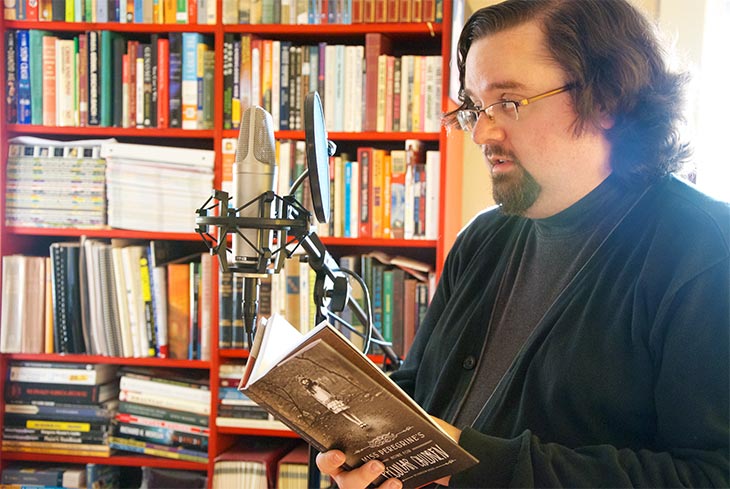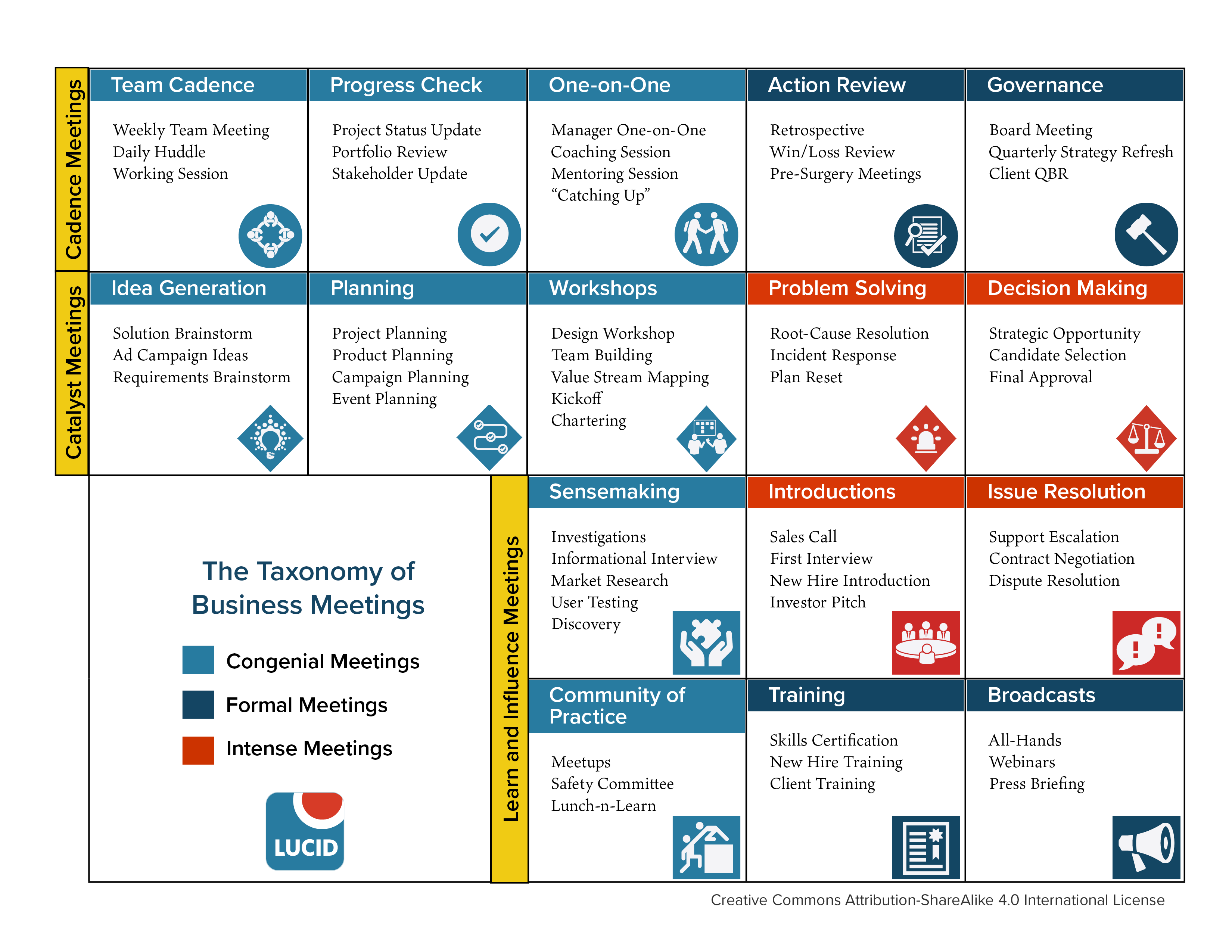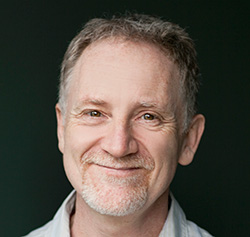My Year With Lucid: Every Interview Is a Meeting
 For the past seven years, I’ve been juggling two careers: technical project manager and freelance writer. The project management part is familiar to most people in tech today; it’s a now-common mix of general web skills, organizational ability, and the willingness to do basic calendar math.
For the past seven years, I’ve been juggling two careers: technical project manager and freelance writer. The project management part is familiar to most people in tech today; it’s a now-common mix of general web skills, organizational ability, and the willingness to do basic calendar math.
The freelance writing bit has more to do with creating narratives and running a business, but functionally there’s one big area of overlap: managing time and attention. In both career paths, I work with people and I run projects. So this past year working with Lucid Meetings has put me in an interesting spot as a writer: I’m obsessed with running good meetings, even when they’re interviews.
As a writer (particularly a self-employed one), I manage my own time and run a series of mini-projects in order to complete writing assignments like magazine articles, books, and even small things like blog posts. These days, I interview a lot of people for magazine features, and each interview is effectively a tiny meeting: we have a goal, an agenda, a block of time, and various outcomes (though the to-do items are almost always mine).
The Agenda-Less Pseudo-Meeting
Beyond magazine interviews, I meet with clients and editors in the course of writing pieces or arranging the business aspect of writing. These meetings, in Writing Land, are almost always agenda-less and floaty. A few weeks back I got the kind of email I dread: “Let’s check in. I have some things to discuss.” As a person who now runs effective meetings, my response was, “Great! Can I get a list of those topics so we can build an agenda?” The answer was silence, followed by a phone number and an agreement to call at a certain time.
My natural inclination was paranoia. “Some things to discuss” could be a euphemism for “the bad job you’ve been doing.” The refusal to specify what would be discussed struck me as telling, because in every other meeting I have, we go ahead and make an agenda so that we’ll know what to prepare coming in.
When the meeting finally happened, I was pleasantly surprised that there wasn’t much to discuss. It really boiled down to the client wanting to get on the phone in order to have some unstructured phone time and just chat about his general satisfaction with the work and thoughts about the future. I wish I had known that for the days leading up to this mysterious meeting.
But this also raises an interesting point: I would never ask someone to call me for an unspecified reason, in a business context. This is a new behavior, at least new-ish, and is based on my experience working on and using Lucid Meetings. It no longer makes sense for me to say in a business context, “Let’s all hang out together at a very specific time for no specific reason.” If someone wants my time and attention, that’s fine—but I want to know why. And it goes the other way too—I want to tell others what to expect when they sit down with me.
Interviews as Meetings
When I interview subjects for magazine articles, I start with a semi-standard spiel that lays out what’s going to happen. Then the interview goes like this:
- Introductions. I explain who I am, what I have done, and what I am doing now.
- Goals, Agenda, and Setting Expectations. I state, on the record (meaning on tape), what the point of the interview is (for instance, to understand some event that occurred, or learn details about a technical matter) and the kinds of things we’ll be talking about. I also state what the tape will and will not be used for. This helps the interview subject understand that I won’t go and broadcast this otherwise rather private conversation.
- Confirming the Timeline. I review the time expected, and ask if there’s a hard stop or not. (Tip: celebrities in interviews always have hard stops, almost nobody else does.)
- Discussion. The actual interview. This goes on for one to three hours, depending on beverages provided.
- Followup. As the interview concludes, I repeat what my next steps are and when I expect them to happen. I also confirm the interview subject’s availability to do a fact-check, where appropriate.
See how that looks a lot like an agenda in Lucid Meetings? That’s not an accident. It’s how I work. And frankly, when two or more people get together to speak in a directed way, that’s a meeting.
I actually don’t know how other writers conduct their interviews—I’m not typically in those rooms. I have been interviewed for oddball web TV shows, podcasts, web series, and other stuff. As an interview subject, I don’t often see the level of organization and expectation-setting that I would like, so that’s part of why I go so far in trying to make my own interviews both productive and simple.
Meetings May Be Habit-Forming
When you work at a company that makes meeting software, when you run meetings every day using that software, and when you sweat the details, the net result is a clear attitude about what meetings are, and how they should work. For me, a meeting should not be a formless interaction free of expectations—though there’s plenty of room for such interactions in daily life, I don’t see the point of the agenda-less pseudo-meeting in business. To respect people’s time and attention, I believe a meeting should have a goal, a set of shared expectations, and a clear outcome. This is the habit I have formed at Lucid, and as I head deeper into my writing career, I think it’ll serve me well.
Happy meetings, everyone!



